(We hope you find the content from Vietnam Veterans Life and Times insightful. Our team has made much effort to compile this content. Please check out the historical facts from previous years here.)
1967 was a year of significant change and upheaval as the nation navigated various political, social, and military challenges. Against the backdrop of the Vietnam War, the country was forced to confront its identity and future as debates raged over issues such as conscription, national service, and the military's role in a changing world. From controversial visits by foreign leaders to the tragic loss of a prime minister, 1967 was a year that would shape Australia's political and social landscape for years to come.
Life and Times
The controversy sparked on 18 January when South Vietnamese Prime Minister, Nguyen Cao Ky, visited Australia amidst anti-war protests. The visit led to allegations of corruption and responsibility for the murder of his predecessor, President Ngo Dinh Diem. While supporters of South Vietnam welcomed him with open arms, Ky faced constant heckling from anti-war protesters.
On 01 March, the Royal Australian Navy replaced the British White Ensign flag on all its ships with the Australian White Ensign, symbolising Australia's growing independence and identity.
April marked two significant events that underscored Australia's growing anti-war sentiment. Firstly, on the 12th, Australian Roman Catholic bishops publicly declared their opposition to the Vietnam War. Secondly, on the 7th, Major Peter Badcoe, AATTV, was killed in action while leading two companies of Vietnamese regional forces. Badcoe was posthumously awarded the Victoria Cross, the highest military honour in Australia, for his bravery in this and two previous actions. However, another Australian casualty grew the anti-war mentality at home.
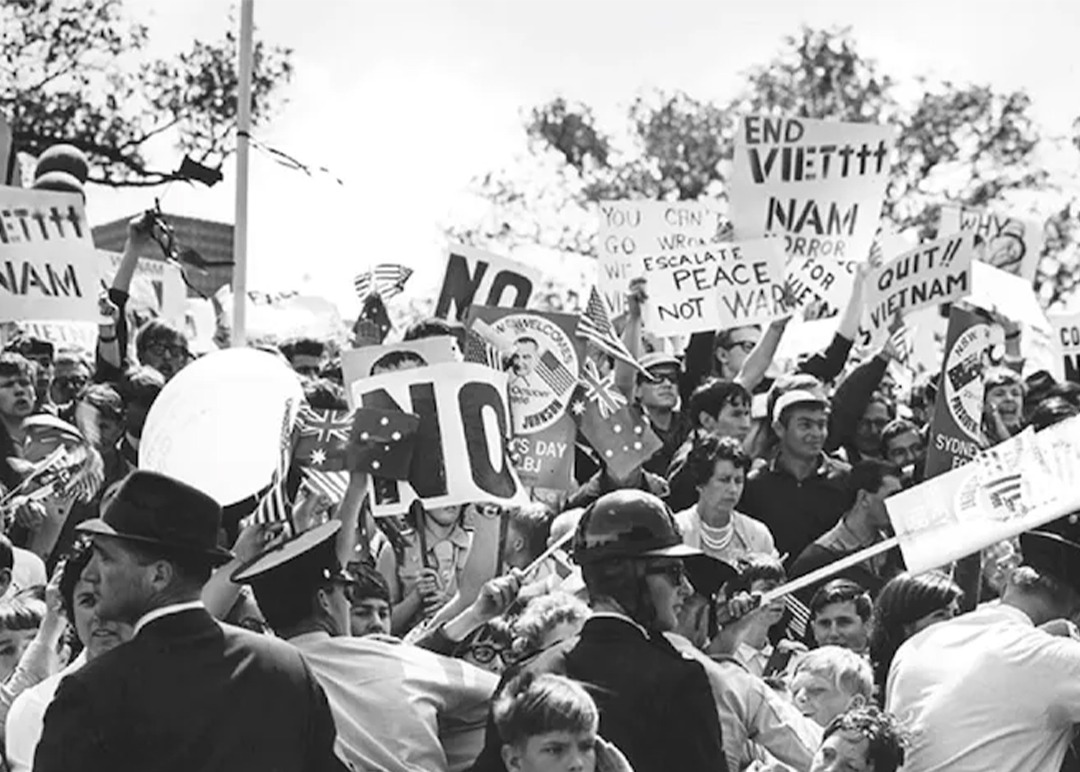
A New Zealand rifle company - Victor Company of the 1st Battalion, The Royal New Zealand Infantry Regiment (1 RNZIR), arrived at Nui Dat on 26 May to serve with the 2nd Battalion, The Royal Australian Regiment (2RAR). The Joint Battalion was then re-designated 2RAR/NZ/ANZAC, symbolising the close relationship between the two nations built by the ANZAC campaigns of the World Wars.
On 27 May 1967, Indigenous Australians, previously excluded from the national census, were finally allowed to be counted after a national referendum and changes to citizenship laws. The referendum continued the journey for Indigenous Australians' greater rights and recognition. It remains a crucial milestone in Australia's ongoing journey towards reconciliation and unity.
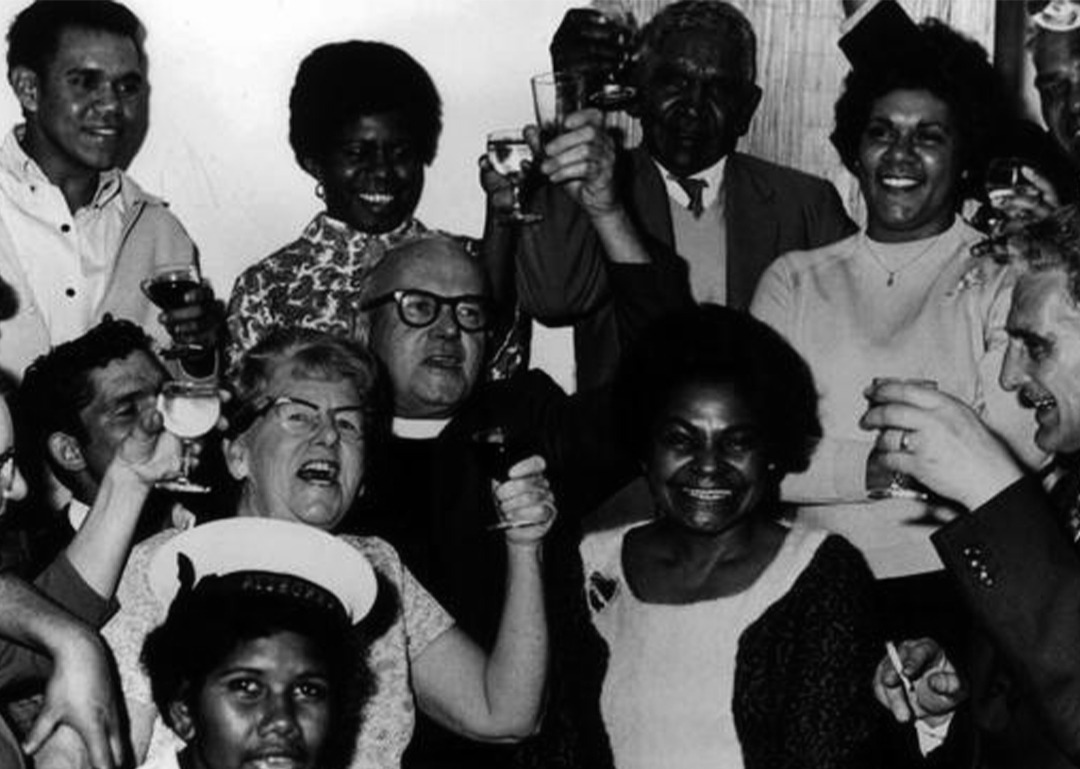
1 July, The Postmaster-General's Department introduced postcodes to increase efficiency and replace the previous postal sorting methods. The introduction of postcodes coincided with the implementation a new large-scale mechanical mail sorting system, starting with the Sydney GPO.
However, tragedy struck the Australian political scene as the year progressed. On 18 October, Prime Minister Harold Holt announced an increase of 1700 to Australia's commitment in South Vietnam, including a third infantry battalion and a tank squadron.
On 17 December, Holt went missing and was presumed drowned off Portsea in Victoria. Holt's sudden loss sent shockwaves throughout Australia, triggering a leadership crisis for the Coalition government. On 19 December, Country Party leader John McEwen was sworn in as interim Prime Minister pending the election of a new government leader. The following day, he announced he would not serve in a government led by Liberal Party deputy leader William McMahon, Harold Holt's presumed successor, adding to the political turmoil.
The arrival of the 3rd Battalion, Royal Australian Regiment in December 1967 at Nui Dat as part of 1 ATF's third battalion was a glimmer of hope amidst the chaos caused by the escalating war and the late Prime Minister's announcement of an increase in Australia's commitment in South Vietnam. This reinforcement, along with the addition of a second infantry company from New Zealand, including Whisky Company 1 RNZIR, was crucial in bolstering the troops and improving the operational control of the battalions.
Ultimately, 1967 would be remembered as a year of change and upheaval, highlighting the need for Australia to adapt and evolve to meet the challenges of a rapidly changing world. The year also saw significant milestones, including the census counting of Indigenous Australians and the introduction of postcodes to improve mail delivery efficiency. However, the tragic loss of Prime Minister Harold Holt sent shockwaves throughout the country, triggering a leadership crisis for the Coalition government. The nation was forced to confront its military's role in a changing world. Despite the turmoil, reinforcements arrived at Nui Dat, offering a glimmer of hope amidst the chaos.
Music of 1967
1967 was a time of great turmoil for Australia as the Vietnam War impacted the nation. However, amidst this uncertainty, music provided an escape for many. Popular songs such as "The Last Waltz" and "This Is My Song" offered a temporary respite, while "Snoopy Vs. The Red Baron" provided a comedic take on the conflict. The Beatles’ politically charged hits significantly impacted the music scene in 1967. "Penny Lane/Strawberry Fields Forever" and "All You Need Is Love/Baby, You're a Rich Man" were two of their most famous songs of the year.
|
No. |
Song Title |
Artist |
|
1. |
The Last Waltz |
Engelbert Humperdinck |
|
2. |
This Is My Song |
Petula Clark |
|
3. |
Snoopy Vs. The Red Baron |
The Royal Guardsmen |
|
4. |
Green, Green Grass of Home |
Tom Jones |
|
5. |
Penny Lane / Strawberry Fields Forever |
The Beatles |
|
6. |
Somethin' Stupid |
Nancy Sinatra & Frank Sinatra |
|
7. |
Georgy Girl |
The Seekers |
|
8. |
All You Need Is Love / Baby; You’re a Rich Man |
The Beatles |
|
9. |
A Whiter Shade of Pale |
Procol Harum |
|
10. |
I'm a Believer / (I'm Not Your) Stepping Stone |
The Monkees |
|
11. |
It Must Be Him |
Vikki Carr |
|
12. |
Up, Up and Away |
The 5th Dimension |
|
13. |
San Francisco (Be Sure to Wear Flowers in Your Hair) |
Scott McKenzie |
|
14. |
Massachusetts |
Bee Gees |
|
15. |
Itchycoo Park |
Small Faces |
Join the Conversation
We're helping Australians of all ages better understand the life and times of our Vietnam Veterans as we commemorate the end of Australia's involvement in the war 50 years ago. We're sharing interesting social bits and pieces from the Vietnam War era to give you a feel of the world back then, but most importantly we're sharing your memories, stories, and pride. Your memories of the Vietnam era; your family growing up in the 1960s and 70s; or stories you have about the life and times of your veteran dad, pop, uncle, or aunt will breathe life into their story. Share your pictures, anecdotes, and memories so others can see our veterans as more than soldiers. We honour, respect and admire, but few know. Help us honour our Veterans.
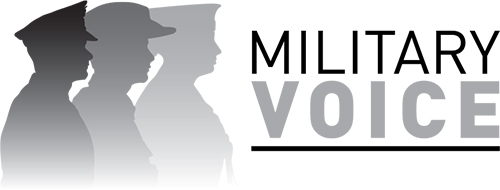



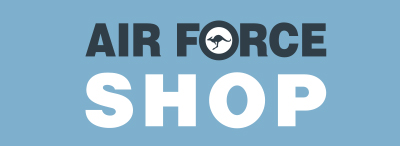
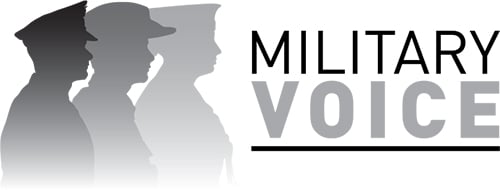
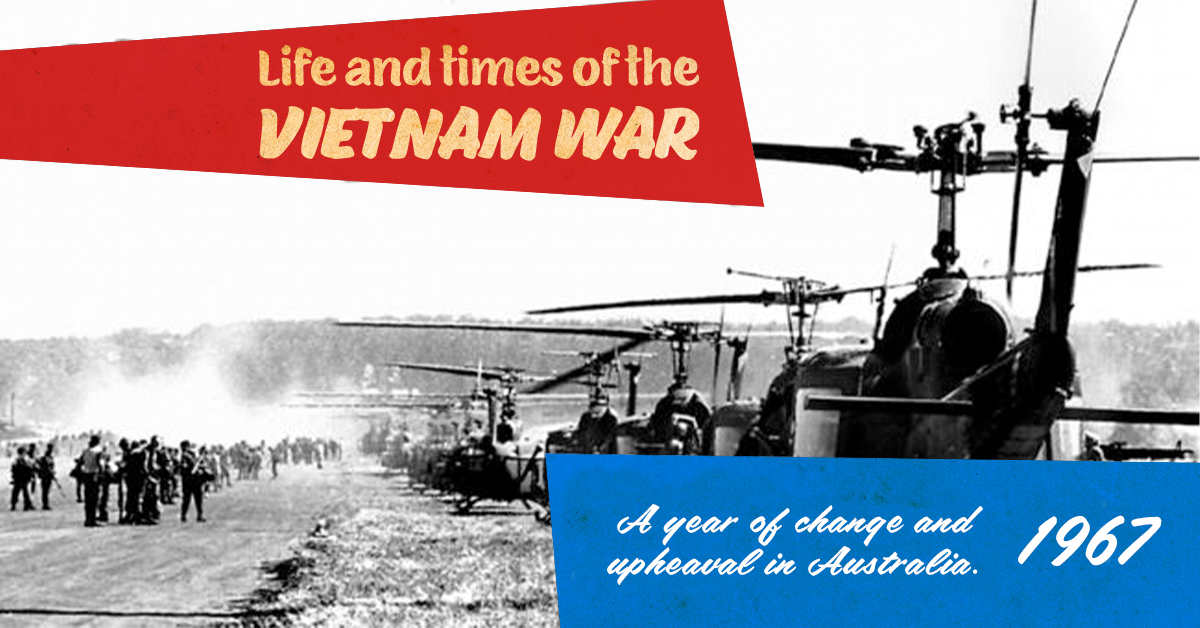

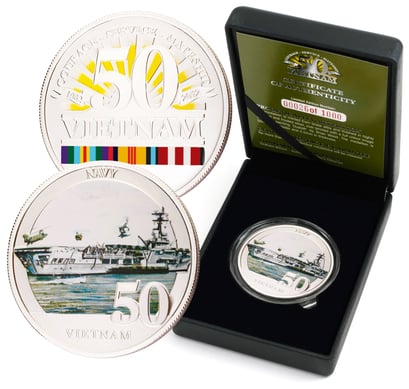
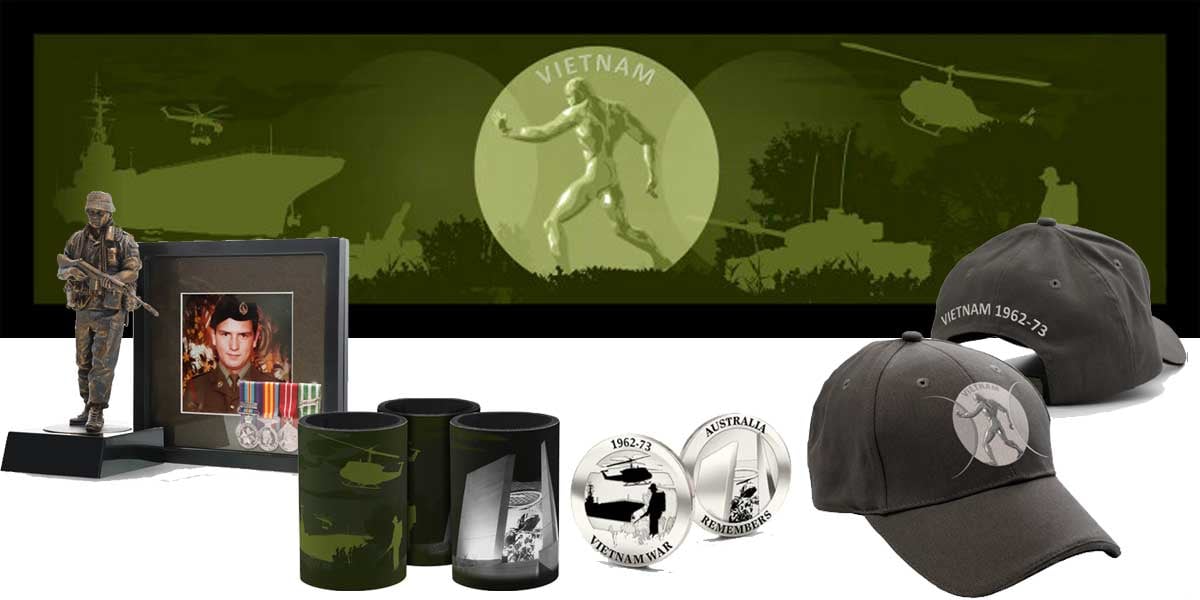
Leave Comment